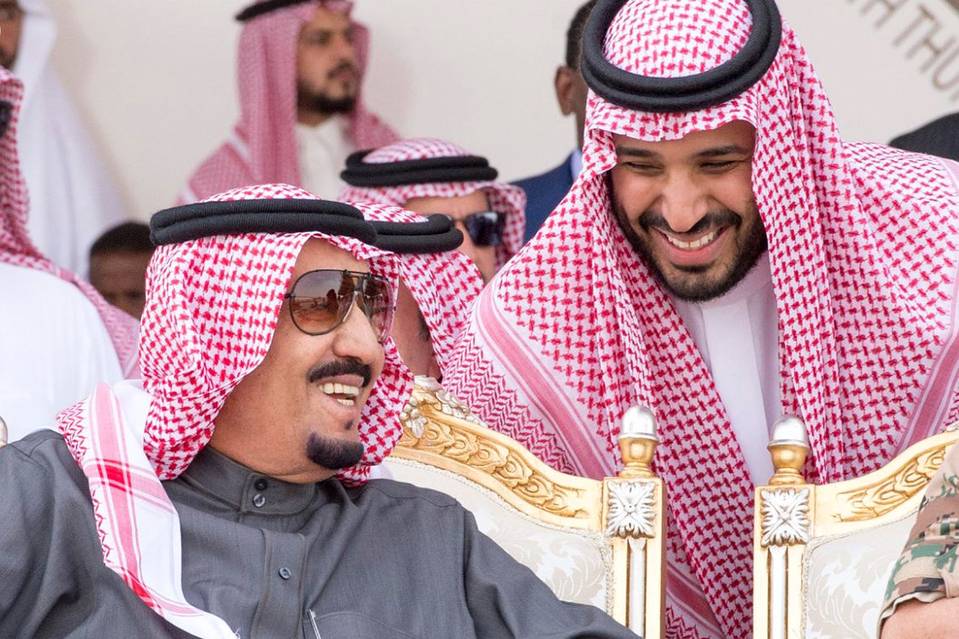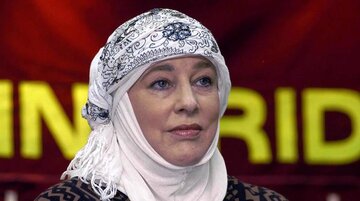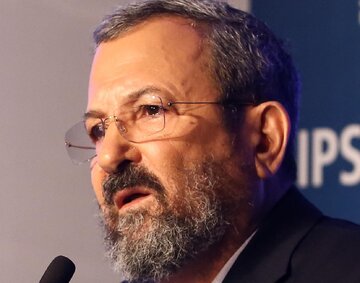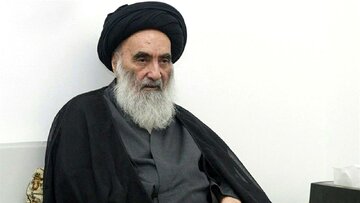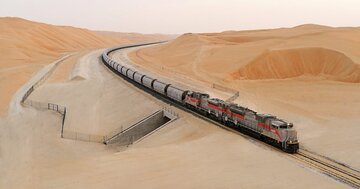"We're seeing a series of miscalculations ... We tend to think that Saudi Arabia has become an irrational actor in the Middle East," Dauba-Pantanacce said.
His comments come as the Wahhabi kingdom's foreign policy actions are increasingly forcing instability upon smaller nations, where analysts believe Saudi Arabia is seeking to amplify sectarian divisions. These moves have unfolded against the backdrop of escalating competition between Saudi Arabia and its Shia arch-rival Iran.
"I say this because every single foreign venture they (Saudi Arabia) try has reached the opposite result that they wanted. In Yemen, in Qatar, and now in Lebanon," he said.
In the latest twist to come out of Middle East geopolitics, Lebanon's Prime Minister Saad Hariri on Wednesday suspended his previous resignation, apparently in order to open "a new gateway for responsible dialogue," he said in a statement. Whether this came with Saudi approval is not yet known.
The prime minister returned to Beirut Tuesday night following an unexpected two-week stay in Saudi Arabia, where he delivered a shock resignation from the capital Riyadh on November 4. This prompted widespread speculation that the prime minister was held hostage, as well as consensus among analysts that Saudi Arabia forced Hariri to resign.
"What Saudi Arabia is miscalculating is that in (holding) the PM of Lebanon probably against his will in the country, it has managed the feat of unifying all of Lebanon against Saudi, including the constituency of Lebanon that is traditionally sympathetic to Saudi," the strategist explained.
A diverse country of 18 different religious groups, Lebanon's fragile political system is based on power-sharing between Sunnis, Shiites and Christians. This often results in a fractured and gridlocked government and society, most vividly manifested in a bloody 15-year civil war that only ended in 1990.
Hariri, a Sunni who holds Saudi citizenship and is a traditional Saudi ally, has since 2016 led a consensus government including Shia political party and group Hezbollah -- something the Saudis apparently would not tolerate. The group, which Saudi Arabia classifies as a terrorist organization, is Lebanon's most powerful political body.
Saudi Arabia's efforts are part of its campaign to isolate Hezbollah and freeze its involvement in regional conflicts in which the Wahhabi kingdom has interests, like Yemen and Syria. But as Dauba-Pantanacce explained, its military campaign in Yemen has actually prompted greater Iranian involvement there, and its actions concerning Lebanon have brought the fractured country together.
Supporters of Lebanon's resigned Prime Minister Saad Hariri hold up placards demanding his return from Saudi Arabia on the starting line of Beirut's annual marathon on November 12, 2017. Hariri announced on November 4 in a televised statement from Riyadh that he would be stepping down from the post, sending shock waves through Lebanese politics.
"We see an outbreak of unity in Lebanon for their PM because they saw the attitude of Saudi Arabia as humiliating for Lebanon. It's interesting that we've seen this unity against Saudi -- Saudi probably outplayed its hand in this conflict," he said.
Dauba-Pantanacce attributed the kingdom's intensifying foreign aggression to Saudi Arabia's new leadership, headed up by the young Crown Prince Mohammed bin Salman. The prince has moved to consolidate power through both foreign interventions like its offensive in Yemen and a domestic anti-corruption purge of government officials. Dauba-Pantanacce also noted the US's retrenchment from its traditional role in the region as partly to blame for growing Saudi influence.
/106

